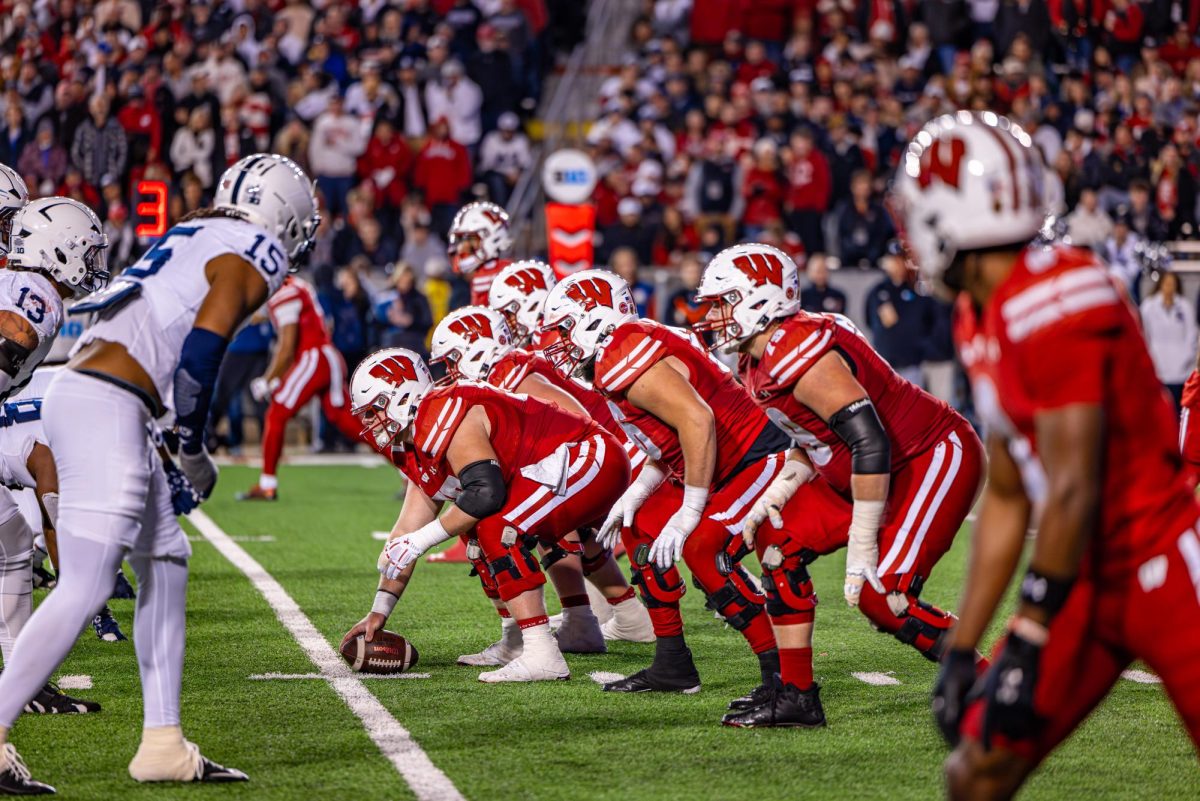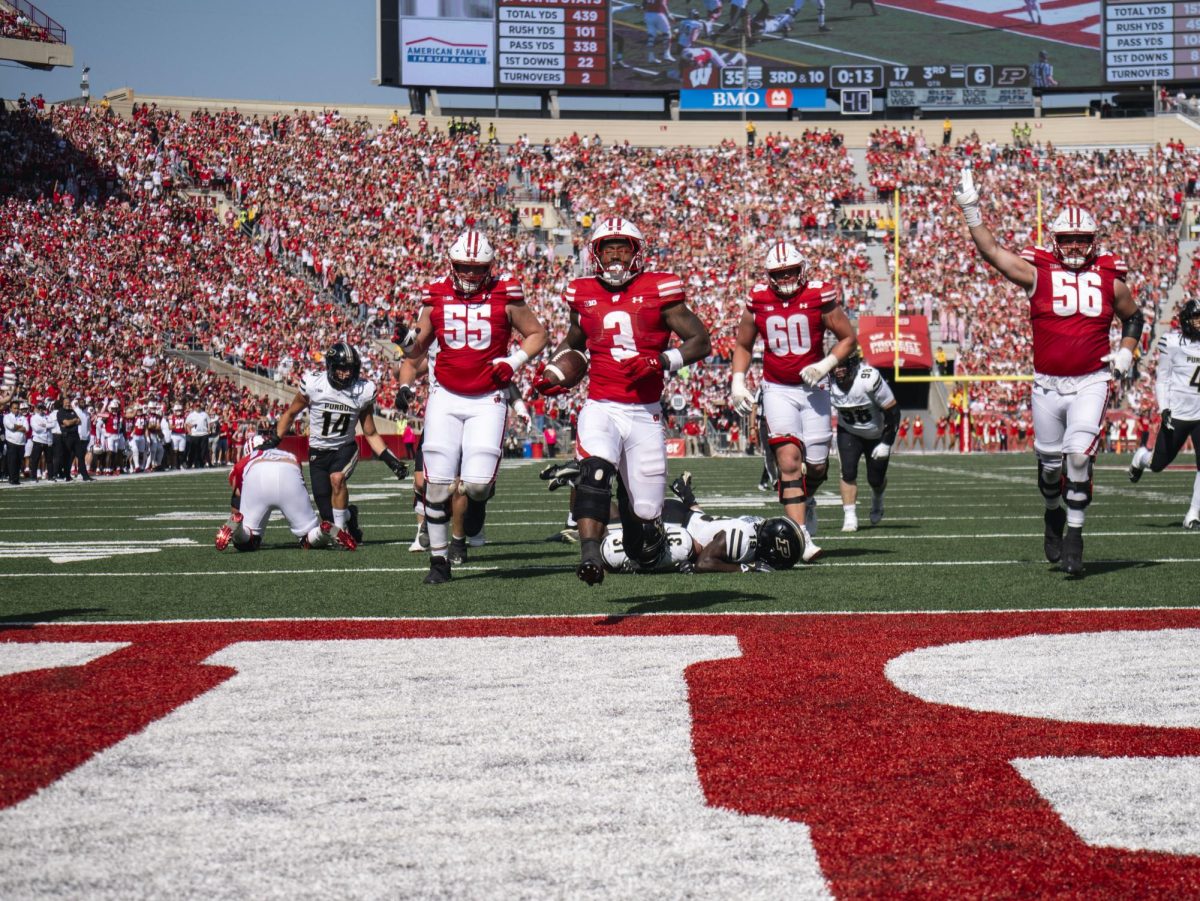Most of the books on my shelves at home fall into one of two categories: my favorite works of literature or books I’d never own if I did not need to read them for class. Yet among the volumes of Shakespeare, Austen, Woolf and the somewhat dusty and unused textbooks sits an entirely different type of book. This book can best be classified as a guilty pleasure of sorts, read again and again out of an insatiable curiosity about antisocial behavior and the nature of evil.
Entitled Bad Men Do What Good Men Dream: A Forensic Psychiatrist Illuminates the Darker Side of Human Behavior, this book by Robert I. Simon, M.D., suggests that one cannot easily define people as good or bad, because most human behavior actually falls somewhere along a spectrum of antisocial impulses channeled into either harmless or harmful actions. While the book focuses on the minds of rapists, stalkers, serial killers, psychopaths, professional exploiters and other “criminals,” it likewise explores the mind of the “average” human, illuminating the dark side inherent to humanity.
Now while this book may seem superficially unrelated to anything in the news today, it has nevertheless come to my mind every time since Sept. 11 that President Bush has used the word “evil” to describe America’s terrorist foes and other enemies. In fact, Bush’s penchant for this term has irked me from the first time I heard him use it immediately following the attacks.
Most recently he used the term “axis of evil” to describe in his State of the Union address the efforts by North Korea, Iran and Iraq to acquire weapons of mass destruction. This label and its implications for possible U.S. action against those nations have sparked a new rumbling of international dissent and ambivalence about America’s global aims.
As I am not an international policy expert, I am not entirely sure Bush’s label of those very different nations as an “axis of evil” was simple presidential rhetoric designed to inspire further American patriotism and nationalism or a true foreshadowing of U.S. action against those countries. But either way, I disagree with his morally righteous terminology.
While I do agree with him that the actions of terrorists are abhorrent and even evil, I would not categorically define terrorists or certain nations as evil. Perhaps some of my disdain for Bush’s use of the term “evil” stems from my roots as an English major who considers the dictionary and the thesaurus to be two of her best friends (whether you love him or hate him, you would be unlikely to mistake a sound bite from President Bush for a quote from the much more naturally eloquent British Prime Minister Tony Blair).
But more than any condescension I may possess toward Bush’s seemingly quaint vocabulary, I disagree with the underlying philosophy of his categorization of those people as evil. In the most simple terms, I believe humans are good but sometimes commit evil acts.
By calling other individuals and nations evil, we are placing ourselves in a position of moral authority that we have only earned through our military and economic strength, tempered by occasional displays of international generosity and benevolence. Evidently, moral ambiguity about the actions of nations has become passé with the close of the 20th century–even though I do not know how one would define the conflict between the nations of Israel and Palestine as anything other than morally complicated.
And as I think about the moral and political atmosphere of today’s world, I am reminded of a passage about moral righteousness from another book on my shelf about human nature, good and evil. It reads: “He who is without sin among you, let him be the first to throw a stone.”
To which I respond, America take heed, for we are not perfect; acts of evil committed by otherwise good people mar our past, too.
Sara Machi ([email protected]) is a senior majoring in English.







